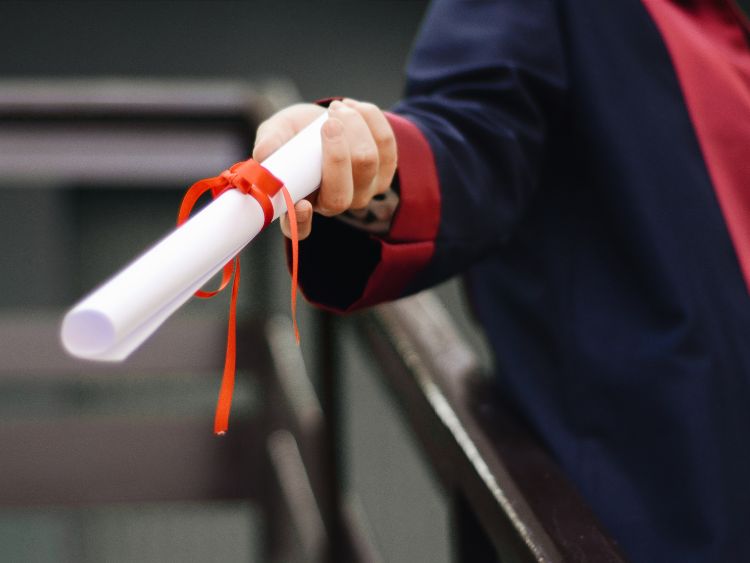In today’s fast-paced world, the pressure to excel academically can be overwhelming. This has led to a concerning trend: the rise of fake college transcripts. But what’s the real story behind these dubious documents? Let’s dive in and uncover the truth.
What Are Fake College Transcripts?
At their core, fake college transcripts are forged documents purporting to be official academic records from legitimate institutions. They’re often used to deceive employers, admission committees, or even peers. But why do people resort to such measures, and what are the implications?
The Appeal and Risks
The allure of fake college transcripts lies in their promise of instant academic credibility. However, the risks are substantial, ranging from legal consequences to lasting damage to one’s reputation.
The Anatomy of a Fake Transcript
Let’s break down the components of these transcripts:
- Counterfeit Grades and Courses: Often, they display inflated grades or courses never taken.
- Forged Signatures and Seals: These transcripts usually feature fake signatures and university seals.
- Mismatched Formatting: The layout might not match the genuine format of the institution’s transcripts.
Why Do People Resort to Fake Transcripts?
- Pressure to Succeed: In a world where academic achievements often define success, the temptation to take shortcuts can be strong.
- Career Advancement: Some believe that a ‘better’ academic record will open more doors professionally.
- Peer Pressure: The need to conform to societal or peer expectations can drive individuals to fabricate their academic history.
The Legal and Ethical Implications
Using fake college transcripts is not just unethical – it’s illegal. It can lead to:
- Legal Repercussions: Depending on the jurisdiction, individuals could face fraud charges.
- Academic and Professional Fallout: Discovery of a fake transcript can result in expulsion or job termination.
- Long-Term Reputation Damage: Once trust is broken, it can be hard to rebuild.
Spotting a Fake: Tips and Tricks
If you’re an employer or educator, here’s how you can spot these fakes:
- Verify with the Institution: Always check with the issuing university.
- Look for Inconsistencies: Be it in the course titles, grades, or formatting.
- Check the Paper Quality and Seals: Genuine transcripts have specific paper quality and embossed seals.
How to Avoid the Fake Transcript Trap
Here’s how to stay on the right track:
- Value Ethics Over Shortcuts: Remember, integrity matters
more than a piece of paper.
- Focus on Genuine Learning: Real knowledge and skills trump falsified records.
- Seek Legitimate Ways to Improve Your Academic Record: Consider retaking courses or pursuing further education.
The Role of Educational Institutions
Universities and colleges play a crucial role in combating this issue. They can:
- Implement Advanced Security Features: Use watermarks, holograms, and unique identifiers on transcripts.
- Educate Students about Consequences: Awareness campaigns can highlight the risks and ethical implications.
- Offer Support for Struggling Students: Providing academic assistance can reduce the temptation to cheat.
The Digital Age and Fake Transcripts
In the era of digital technology, the production and detection of fake transcripts have become more sophisticated. Digital verification systems and blockchain technology are emerging as powerful tools in ensuring the authenticity of academic records.
The Global Perspective
The issue of fake college transcripts isn’t confined to any one country. It’s a global concern, affecting educational systems and job markets around the world. International collaboration and standardization of academic record verification processes are vital in addressing this challenge.
FAQs
Q: Can employers legally verify college transcripts? A: Yes, employers can legally verify transcripts with the candidate’s consent.
Q: What should I do if I discover someone using a fake transcript? A: Report it to the relevant authorities, be it the educational institution or the employer.
Q: Are there legitimate services for improving academic records? A: Yes, services like tutoring, retaking courses, or attending accredited online programs are legitimate ways to improve academic records.
Conclusion
The temptation of fake college transcripts might seem like an easy fix to academic and professional challenges, but the consequences are severe and far-reaching. It’s crucial for individuals to value authenticity and for institutions to stay vigilant in safeguarding academic integrity. By fostering a culture of honesty and offering support to those in need, we can collectively uphold the value of genuine education.
As we navigate through the complexities of academic achievements and career advancements, let’s remember that the foundation of true success lies in honesty, hard work, and continuous learning. Fake college transcripts offer a hollow victory at best, and at worst, a lifetime of repercussions. Let’s choose the path of integrity, for it’s the only way to achieve lasting success and fulfillment.



